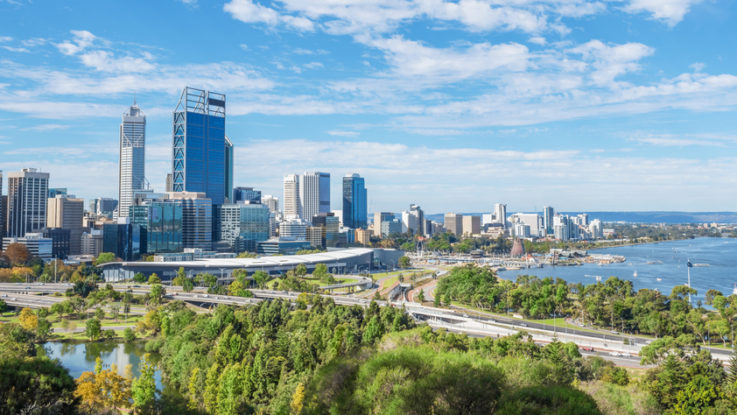
The residents of Perth, Australia have been asked by researchers from the Australian National University (ANU) to volunteer as citizen scientists to help create Australia’s longest daily weather record of the city. The project will span the period from 1830 until today.
Participating citizen scientists will go to Zooniverse – a website hosting online citizen science projects – and transcribe records from 1880 to 1900, which will then be combined with the historical observations from the Bureau of Meteorology’s records starting in 1897. As the Bureau of Meteorology’s weather records only go back just over a century, this current research project will help climatologists better understand more about Australia’s pre-industrial climate.
“Knowing more about our past climate can help us better prepare for future extreme events – which are predicted to increase in frequency and severity due to climate change,” says ANU’s Dr Joëlle Gergis, lead researcher of Climate History Australia.
In Australia, the majority of historical weather data recovery efforts have focused on south-eastern Australia. This makes the Climate History Australia project all the more important, as Perth is located at the opposite end of the country.
“Recovering 19th-century observations from southwestern Australia is important as it is a globally recognised climate change hot spot,” says Gergis.
ANU believes that citizen science such as this can bridge the gap between generational knowledge bases.
“This project has the ability to cross generations,” ANU citizen science project manager for Climate History Australia, Caitlin Howlett, said “Young people might not normally be engaged in something like history or historical science, whereas this climate change research will give them a lead in into understanding more about their history and how understanding that is really important. And then, we’ve got the older generations who have so much knowledge to share, and this project gives them an opportunity to share what they know from the past, so that they can help with future challenges.”